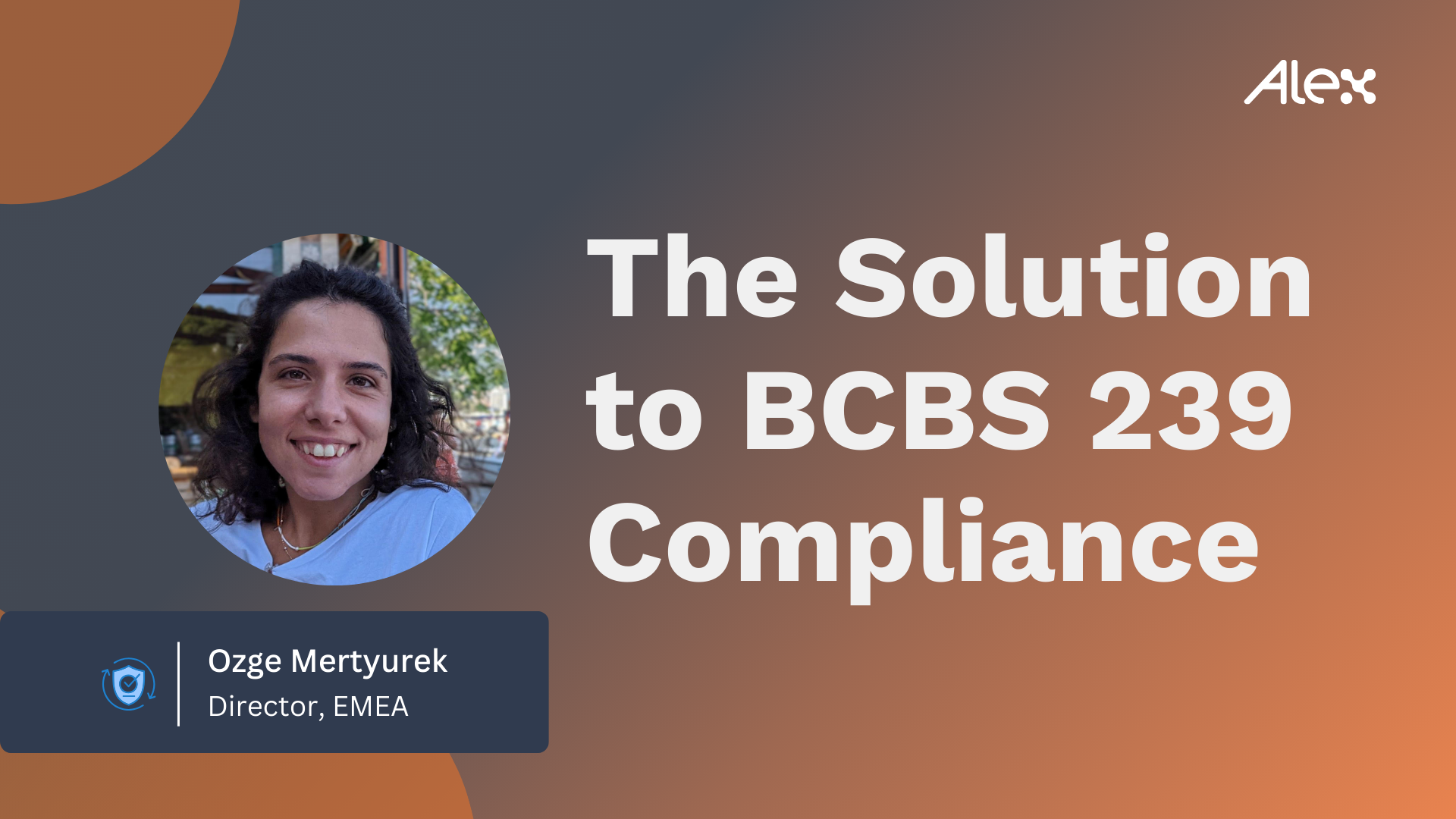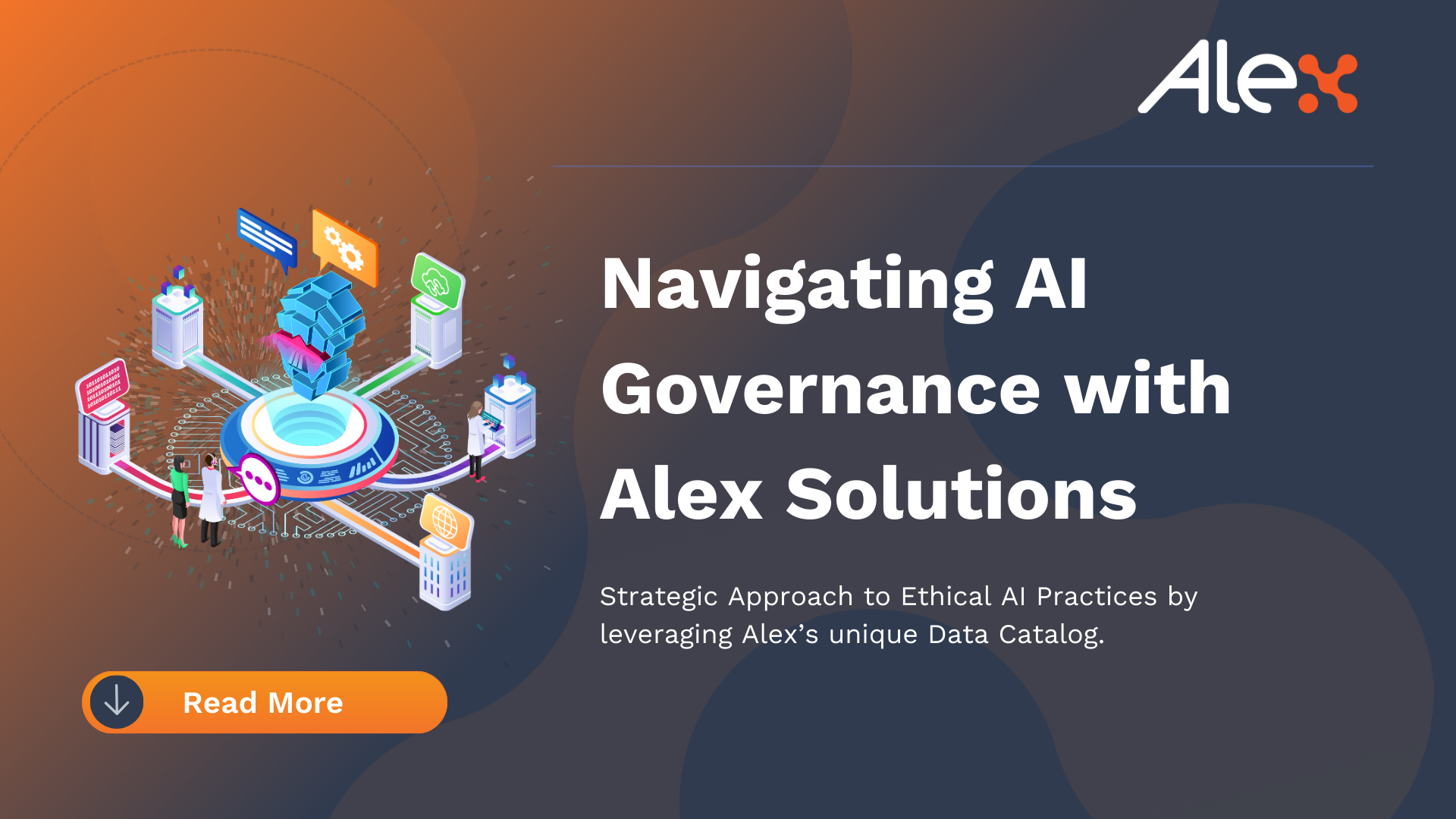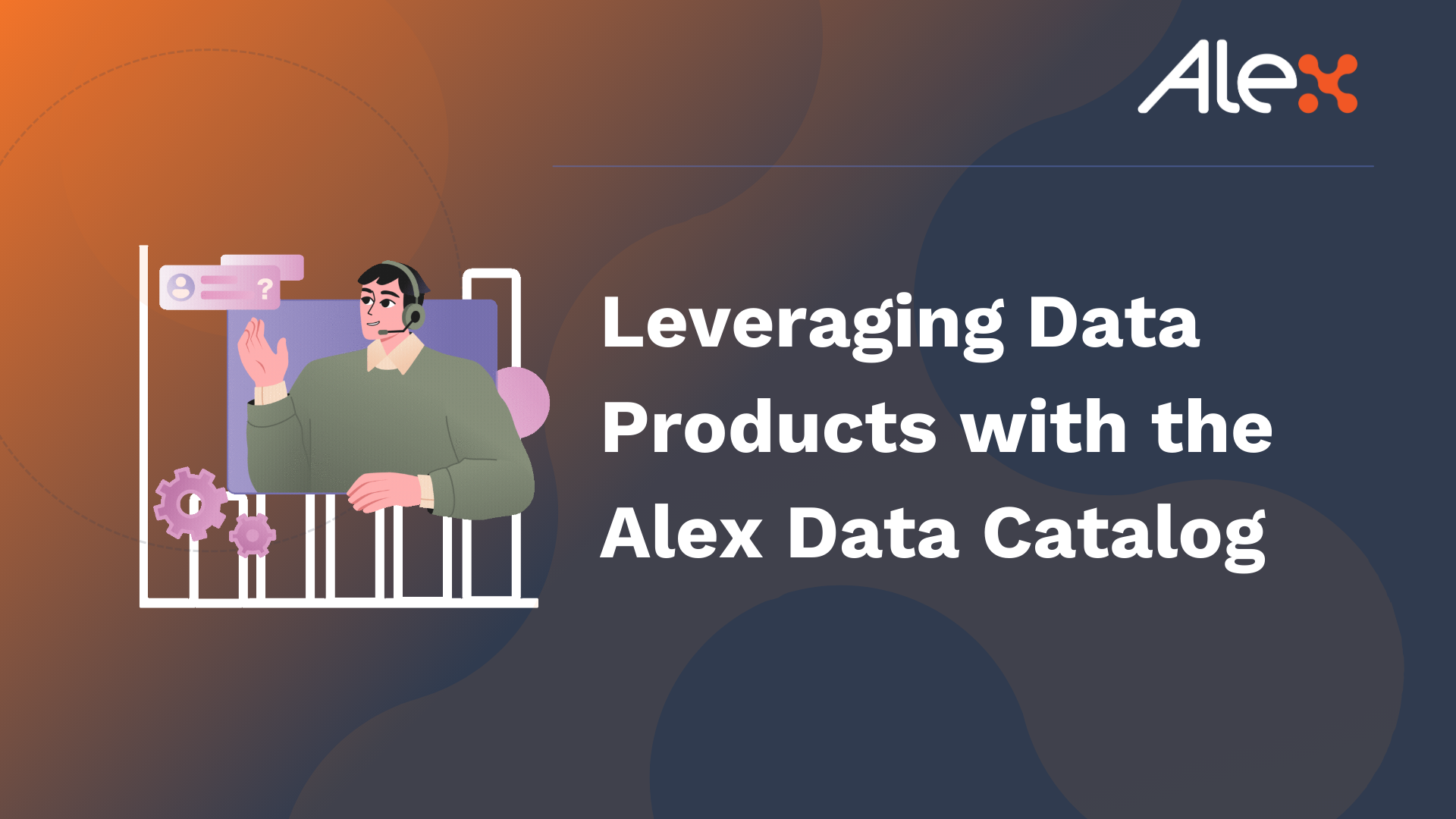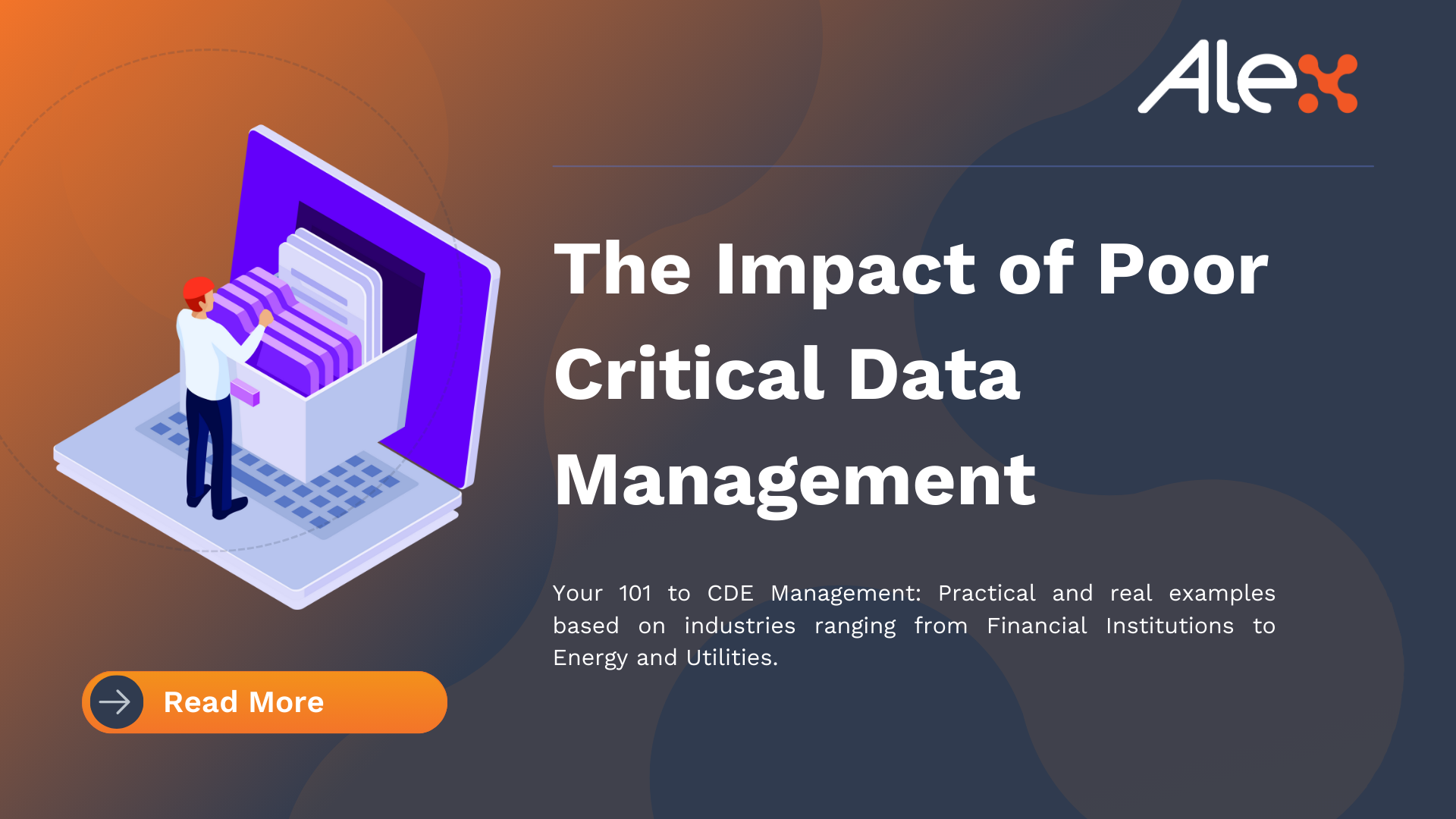The challenge of data quality is one of the most pronounced issues at the level of enterprise data programs. From multinational corporations to small startups, businesses rely on data to make informed decisions, drive innovation, and gain a competitive edge. However, the value of data is directly proportional to its quality. Poor-quality data can lead to flawed insights, erroneous decisions, and substantial financial losses.
As organizations grapple with the complexities of managing vast volumes of data from disparate sources, a great deal of proposed solutions are being pursued. Most enterprises currently rely on multiple softwares for data governance, including data quality. In this article, we will survey the current state of enterprise data quality and assess whether the latest disruptive technologies represent a meaningful advance for enterprises.
The Current State of Data Quality
Despite the increasing awareness of the importance of high-quality data, many organizations still face significant challenges in maintaining data quality. One of the key issues is the lack of visibility into where data issues are originating. With data scattered across various systems and databases, organizations struggle to identify and address inconsistencies, leading to data quality problems.
Another challenge is the clear responsibility for data. In many organizations, there is a lack of clarity regarding who is responsible for ensuring the quality of data. This ambiguity can result in data being overlooked or neglected, leading to errors and inconsistencies.
Impact analysis of data quality issues is also a major challenge. Organizations often struggle to assess the impact of data quality issues on their operations and decision-making processes. Without a clear understanding of the consequences of poor data quality, organizations may not prioritize data quality initiatives appropriately.
Inconsistency is another common data quality issue. Data residing in various systems may exhibit inconsistencies in format, structure, or content, making it challenging to achieve a single, accurate view of the data. This inconsistency can lead to errors in analysis and decision-making.
Incomplete data is another challenge that organizations face. Missing or incomplete data fields can hinder comprehensive analysis and decision-making, as organizations may not have access to all the information they need to make informed decisions.
Inaccuracy is a significant data quality issue that can undermine the reliability of insights derived from data. Errors in data entry, duplication of data, or outdated information can lead to incorrect conclusions and poor decision-making.
Lack of governance is a fundamental challenge in data quality. Without robust data governance frameworks in place, organizations struggle to ensure data stewardship and compliance with regulatory requirements. Lackluster data governance can result in data quality issues and increase the risk of non-compliance.
Data silos and lack of transparency are also significant challenges. Fragmented data across different departments or systems hinder collaboration and prevent organizations from deriving holistic insights from their data. This lack of transparency can lead to inefficiencies and missed opportunities for improvement.
Alex Solutions: Disrupting the Data Quality Paradigm
Alex Solutions approaches data quality management differently, as a SaaS solution which leverages cutting-edge technology and a personalized, flexible customer-centric approach. It is transforming the data quality management landscape by offering a unified platform that addresses the multifaceted challenges faced by enterprises.
From inconsistent data formats to incomplete or inaccurate data, businesses often struggle to maintain data quality, hindering their operations and decision-making processes. Additionally, the lack of clear responsibility for data and governance issues further compounds these challenges, leading to inefficiencies and compliance risks. Alex recognizes these challenges and provides a centralized platform that streamlines data stewardship, ensures regulatory compliance, and breaks down data silos for improved collaboration and insights.
Unification and Automation
The Alex unified data governance platform provides a central hub for establishing robust frameworks, streamlining data stewardship, and ensuring regulatory compliance. By bringing together different cloud systems, applications and more from across the enterprise, Alex enables centralized governance of data quality, including automated monitoring and remediation workflows.
With its Automated Data Lineage Service, Data Catalog, Data Quality, Business Glossary, and Risk and Compliance solutions, Alex enables organizations to manage data governance comprehensively. This integration ensures data accuracy, consistency, and compliance–key pillars of enterprise data quality.
Automated profiling allows organizations to gain deep insights into their data, including data quality issues, data patterns, and data relationships. By automatically analyzing large volumes of data, organizations can identify data quality issues such as duplicates, inconsistencies, and missing values. This helps in improving data quality and ensuring that data is accurate and reliable.
Sensitivity scanning is another important feature of Alex Solutions, allowing organizations to identify sensitive data and apply appropriate data loss, and data access protections. Sensitivity scanning, automatically detects sensitive data such as personally identifiable information (PII) and ensures that it is identified as sensitive in order to support adherence to regulatory requirements.
By combining automated profiling and sensitivity scanning with its data quality functionalities, Alex Solutions provides organizations with a comprehensive solution for managing and governing all types of data. This integrated approach ensures that data is not only accurate and reliable but also secure and compliant with regulatory requirements.
To tackle data silos, Alex Solutions promotes collaboration and integration across disparate systems. Alex Solutions offers scalable and flexible solutions that can be customized to meet the unique needs of each organization. Whether a company is dealing with a small-scale data project such as a migration, or embarking on an enterprise-wide initiative such as an Enterprise Metadata Repository, Data Glossary and applications catalog, Alex’s platform can adapt to the size and complexity of the task at hand, scaling to tens of millions of data assets.
Another significant advantage of Alex Solutions is its technology-agnostic approach to data quality assessment. Regardless of whether data is stored in a database, a data warehouse, a data lake, a big data platform, or an application, Alex can connect to it and assess its data quality. This technology agnostic approach extends to the data’s location, whether it’s on-premise or in the cloud.
This flexibility is crucial for organizations with diverse data environments, allowing them to assess the quality of their data regardless of its storage or processing technology. By not being tied to specific technologies, Alex can adapt to the evolving data landscape, ensuring that organizations can maintain high data quality standards regardless of the technologies they use.
Alex’s technology-agnostic approach enables organizations to leverage their existing data infrastructure investments. Organizations can continue to use their preferred data storage and processing technologies while benefiting from Alex’s comprehensive data quality assessment capabilities. This approach not only simplifies the integration of Alex into existing data environments but also future-proofs organizations against changes in technology.
This ensures that businesses of all sizes can implement effective data quality management strategies without being constrained by the limitations of their current infrastructure. The platform’s flexibility also allows for seamless integration with existing systems, minimizing disruption and ensuring a smooth transition to a unified data governance platform.
Enterprises operate at tremendous scale today, and most work with massive amounts of data. Assessing data quality at such a scale can be impractical using traditional methods. Alex’s flexibility supports both sampled and full data evaluation for DQ. This flexibility is essential for organizations looking to balance the need for comprehensive DQ assessment with practical considerations.
For organizations with massive data sets, sampling can provide a representative view of overall data quality, allowing them to identify general trends and patterns. This is particularly useful when organizations have a broad data quality intention without needing to assess every data point individually. Some enterprises may require a full data evaluation for very specific and actionable insights. Alex’s ability to support both approaches ensures that organizations can tailor their data quality efforts to meet their specific needs and scale.
Data Governance for Data Quality
Alex simplifies the complex issue of data ownership and responsibility by providing clear insights into who owns what data and who is assigned responsibility for certain data quality issues. Through its relationship mapping capabilities, Alex enables organizations to easily visualize and understand the data ownership hierarchy within their organization. This ensures that there is clear accountability for data quality, leading to improved data governance and more effective decision-making processes.
Additionally, with Alex’s Automated Data Lineage Service, organizations can quickly and easily trace the origins of their data and understand how its quality may have been diluted at various stages. By providing a detailed lineage of data, Alex enables organizations to identify potential issues or inconsistencies in their data quality and take corrective action. This capability is crucial for ensuring that organizations can trust the accuracy and reliability of their data, leading to more informed decision-making and better business outcomes.
One common challenge in data quality assurance is determining whether a data quality issue originates from the original source, a staged source, or a provisioning point derived from ETL (Extract, Transform, Load) processes. Alex’s data lineage capabilities provide clarity in such scenarios, allowing organizations to pinpoint the root cause of data quality issues and take corrective actions.
By supporting data quality assurance at any stage of the organizational data lifecycle, Alex ensures that organizations can maintain high data quality standards across their data pipelines. Whether data is at the source, undergoing transformation, or being consumed by downstream systems, Alex’s data lineage capabilities provide visibility and insights that are invaluable for ensuring data quality and integrity.
What’s the bottom line?
We’re never going back. The importance of data quality in propelling business success is now a fact of competition between enterprises. While the current state of enterprise data quality leaves much to be desired and value at the table, Alex’s SaaS data quality offering has been designed to transcend the present impasse. Alex is committed to continuous innovation and provides ongoing support to help organizations stay ahead in the ever-evolving data landscape.
With its innovative approach, cutting-edge technology stack, and steadfast commitment to customer satisfaction, Alex Solutions is not merely disrupting the enterprise data quality market–it’s setting new standards of excellence. Embracing Alex isn’t just a smart choice; it’s a strategic imperative for businesses aiming to harness the full potential of their data assets to become truly data-driven.




